Nicht lieferbar
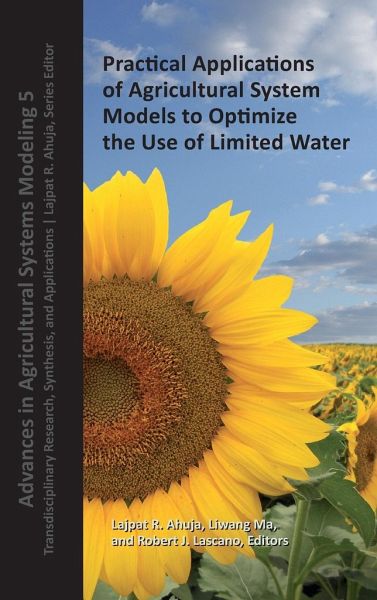
Practical Applications of Agricultural System Models to Optimize the Use of Limited Water
Versandkostenfrei!
Nicht lieferbar
Completely devoted to applicati on of models to opti mize the use of limited water and nutrients in various climates, this collecti on will inspire confi dence in the capacity of modeling to tackle the biggest threats to secure agriculture. To obtain the most producti on from available water while maintaining natural resources, we need whole system-based quanti tati ve knowledge and tools to help select appropriate crops and manage water and associated inputs on a site-specifi c basis under changing climate. Site-specifi c experimental results are available for limited locati ons, limited peri...
Completely devoted to applicati on of models to opti mize the use of limited water and nutrients in various climates, this collecti on will inspire confi dence in the capacity of modeling to tackle the biggest threats to secure agriculture. To obtain the most producti on from available water while maintaining natural resources, we need whole system-based quanti tati ve knowledge and tools to help select appropriate crops and manage water and associated inputs on a site-specifi c basis under changing climate. Site-specifi c experimental results are available for limited locati ons, limited periods of ti me, and limited management opti ons. Well-tested process models of cropping systems can extend fi eld research results to long-term weather conditi ons, as well as other climates and soils, allowing us to explore new management opti ons. The case studies in this volume are promising examples of these kinds of soluti ons.




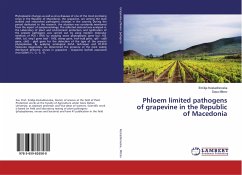
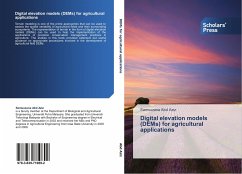
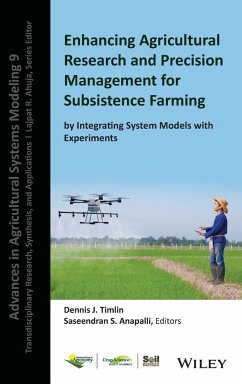
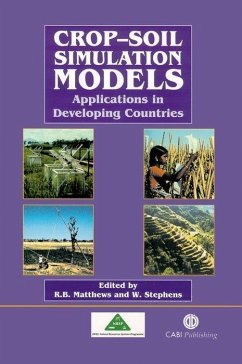
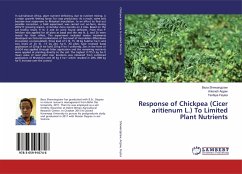
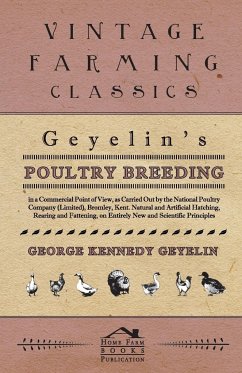
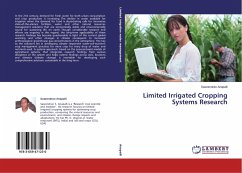
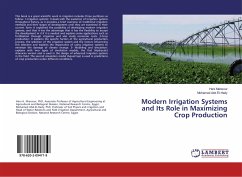
![The Canadian Agricultural Reader, Designed Principally for the Use of Schools [microform]: Compiled From the Most Approved and Practical Authors, by a Cover The Canadian Agricultural Reader, Designed Principally for the Use of Schools [microform]: Compiled From the Most Approved and Practical Authors, by a](https://bilder.buecher.de/produkte/65/65544/65544160n.jpg)